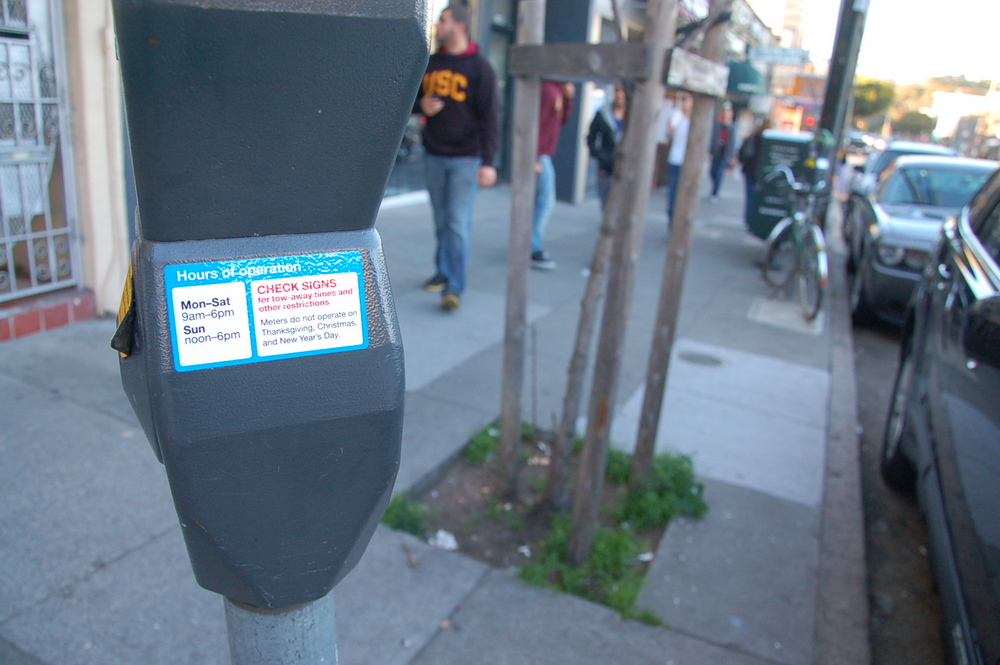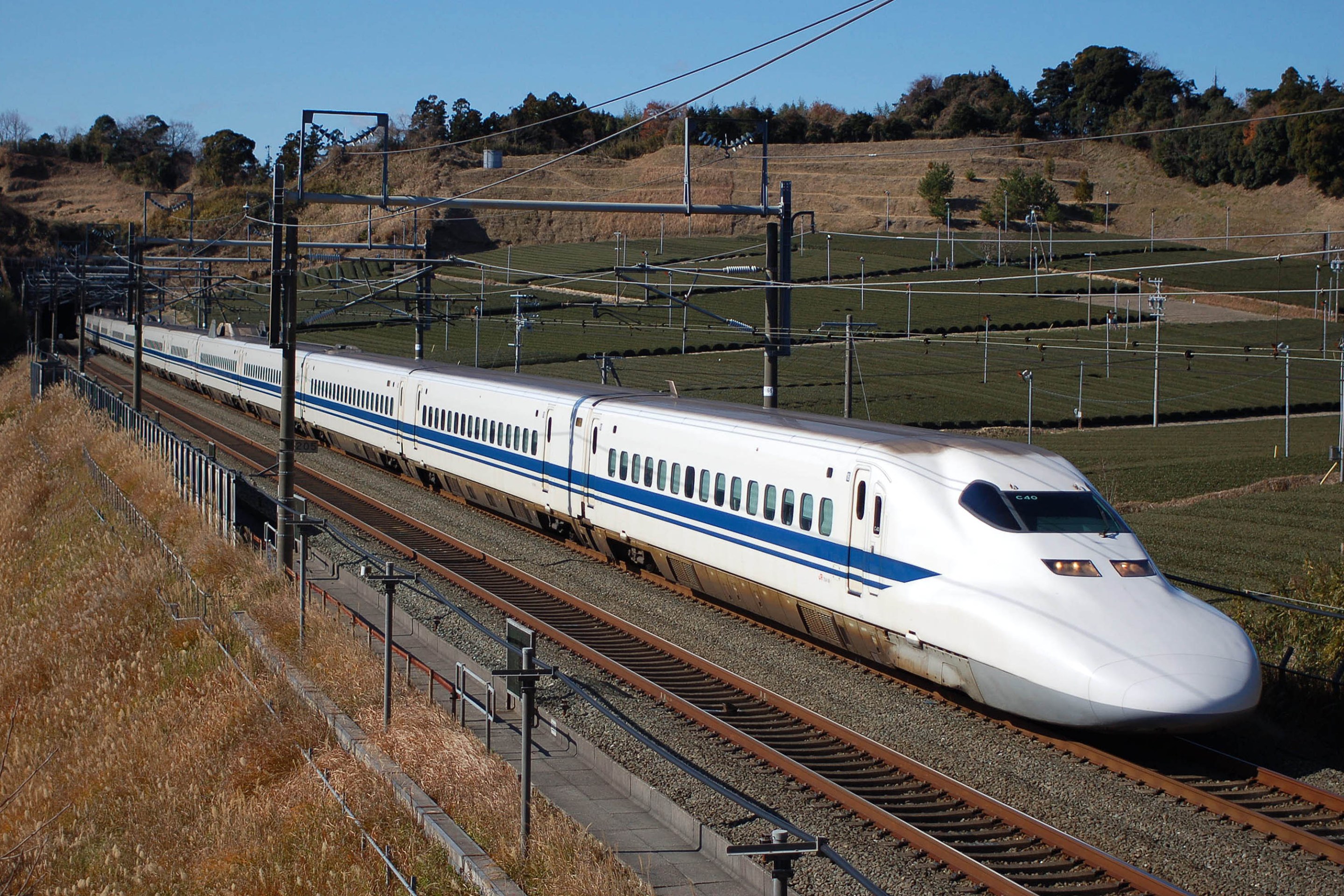An appeal claiming that the repeal of Sunday parking meters is an action that requires environmental review under the California Environmental Quality Act is baseless, according to responses issued by the SFMTA and Planning Department this week.
The appeal, filed by Livable City and the SF Transit Riders Union, is set for a hearing and vote at the Board of Supervisors on Tuesday. The board will not vote not on the merits of running parking meters on Sundays. Instead, the board will vote on whether CEQA would require an environmental impact report for the SFMTA's new budget, which directs the agency to stop charging for meters on Sundays. The supervisors' decision is expected to be largely informed by the recommendations of the SFMTA and the Planning Department.
The policy change is expected to remove $11 million per year in transit funding, as well as double the average time that drivers take to find commercial parking spaces on Sundays, according to an SFMTA study [PDF] of the benefits that Sunday meters garnered in their first year. The appellants argue that impacts like increased traffic congestion and pollution, reduced parking turnover for businesses, and lost transit funding warrant an EIR.
"Our appeal insists that CEQA doesn't allow an exemption for lowering of parking fees, when such an action would clearly impact the environment," said Mario Tanev of SFTRU.
But the SFMTA maintains that the act of removing fees (e.g., Sunday meter fees) fits within a CEQA exemption meant to allow for speedy municipal budget balancing. The agency argued in its memo [PDF] that the loss of $11 million is not of significant impact because Muni fares, parking ticket fines, and parking permit fees for construction contractors were increased to make up for it:
Even though the SFMTA's decision to eliminate Sunday parking meter enforcement may have a budgetary impact through the loss of some parking meter citation fines and fees, the SFMTA Budget raises many other rates, fees, and charges which more than offsets the reduction in revenue from operating parking meters on Sundays.
"SFMTA's crass excuse is that because they also raised the Fast Pass and Muni cash fare, it all balances out," said Tanev. "It balances out on the back of riders, by their own admission." Over the next two years, monthly Fast Passes will get nine percent more expensive, while downtown parking fines will increase five percent and annual contractor parking permits will increase by two percent.
The Planning Department, meanwhile, declared that the "SFMTA is not required to analyze the potential impacts to traffic and air quality which are concerns raised by the appellants" because the budget is "statutorily exempt under CEQA," and thus "no further environmental review is required, regardless of the possibility of environmental impacts."
The SFMTA's study "does not constitute substantial evidence of any significant adverse impact on the environment," the Planning Department's environmental review officer, Sarah Jones, wrote in a memo [PDF]. "Further, this study is not an environmental review document prepared for the purpose of studying the environmental effects of eliminating parking meter enforcement on Sundays."
"Even if the environmental impacts of eliminating parking meter enforcement on Sundays were required to be evaluated under CEQA, eliminating Sunday parking meter enforcement is unlikely to have significant environmental impacts," Jones wrote. "The SFMTA’s decision not to collect parking meter fees on Sundays does not result in any direct physical change in the environment. Any indirect impacts would be speculative and varied; for example, with less parking turnover and less availability, some individuals might choose to avoid automobile use."
At a forum on transportation issues hosted by the SF Bay Guardian yesterday, Supervisor Scott Wiener was asked for his stance on the appeal. Although he said he was "critical" of the Sunday meter removal for taking funds from Muni and reducing parking turnover, the Board of Supervisors would only "make a decision on whether CEQA was violated, as we do with every CEQA appeal."
Notably, the board rejected a CEQA appeal in April which claimed that the SFMTA's pilot program to test private shuttle regulations required a review.






